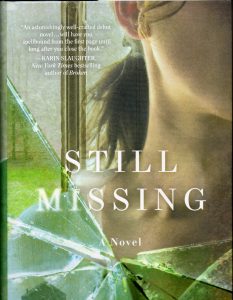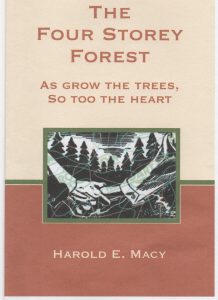Writing a book is an intense, challenging and rewarding process. But if you’re working on a big project and the deadline is looming, the intense and challenging aspect can be overwhelming.
That’s how I felt last fall as I struggled to finish The Cougar: Beautiful, Wild and Dangerous. I had so much fascinating information! How could I possibly condense it into suitable manuscript length by March 31?
Then I read an article about accomplishing goals in the Mayo Clinic newsletter. The three main points were:
1. Clarity of focus. The best never lose sight of the goal. The event is circled on the calendar. As the countdown begins, all activities are directed toward that date.
2. Tunnel vision. This means having the courage not to accept an engagement or even respond to an email that doesn’t advance the goal.
3. Intense commitment. Distractions must be eliminated. That includes cutting back on nonessential obligations. It also means having the discipline to walk away from people who are negative and unsupportive.
I printed those guidelines out and put them on my desk where I would see them every day. In order to accomplish what I needed to do within the time available, I created monthly, weekly and daily goals. It might sound scary, but it kept me on track!
Taking my commitment one step further, I set up my laptop in an upstairs bedroom. That way I wasn’t distracted by Rick, the dog or the ringing of the phone. And I didn’t have access to the internet and email unless I used my PC downstairs. It’s amazing how much time that saved!
Some decisions were difficult. I limited get togethers with friends and, even though Bailey got a walk every day, there weren’t as many of the long, off leash romps on the beach that we both enjoy. Of course, none of this would have been possible without an understanding and supportive partner.

Cougars are known for their intense focus so every day I told myself to “focus like a cougar.” I often asked myself, “Does this have anything to do with cougars?” If the answer was no, I made a note to deal with it after I sent the manuscript in.
And yes! I made my deadline, right on March 31. The Cougar will be in stores near the end of Sept.
Will I use the Mayo Clinic guidelines again? You bet! They’re excellent strategies for finishing a book, article or thesis. Or whatever else your goal is, be it training for a marathon, losing ten pounds in two months or becoming a millionaire.



